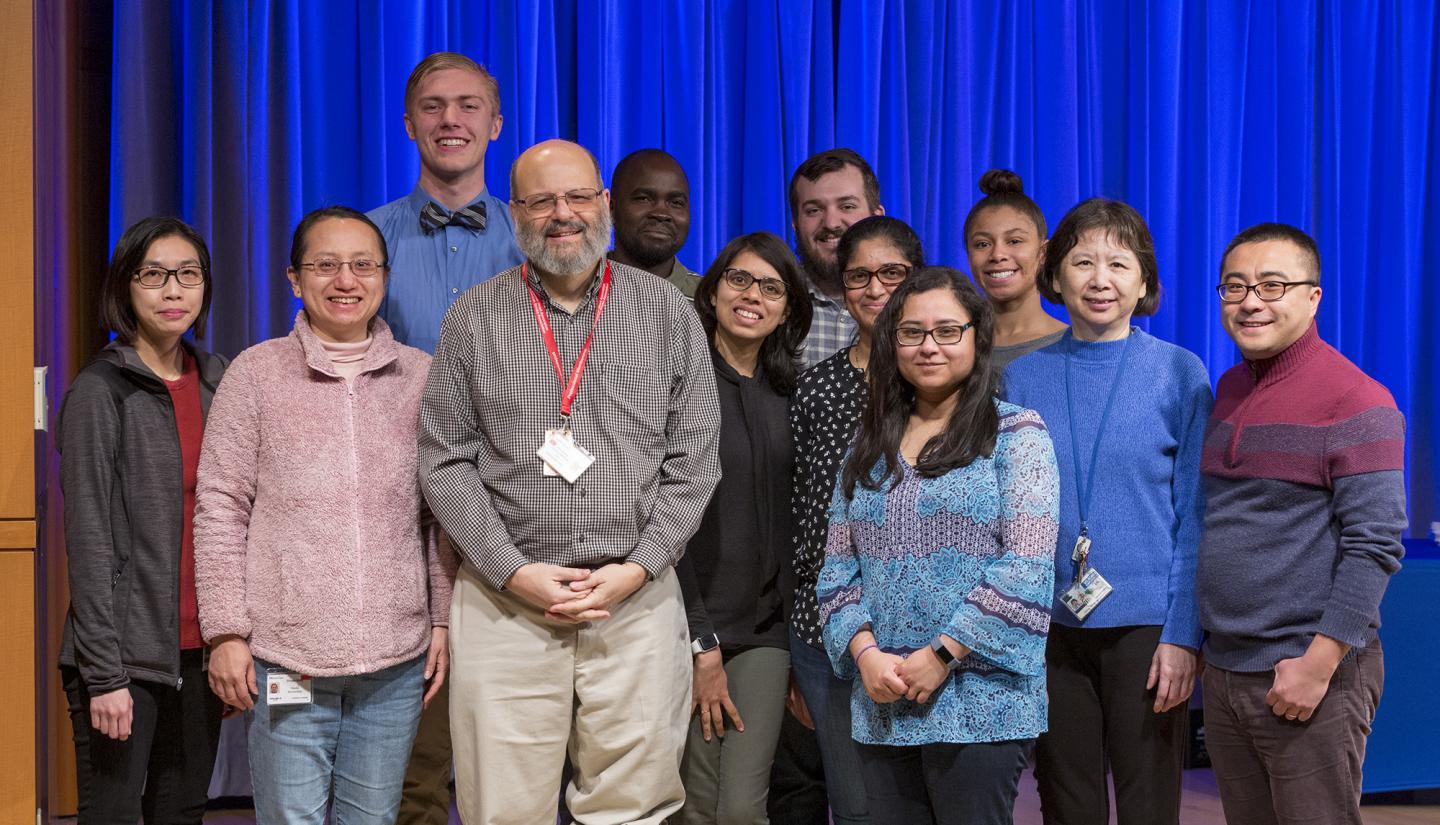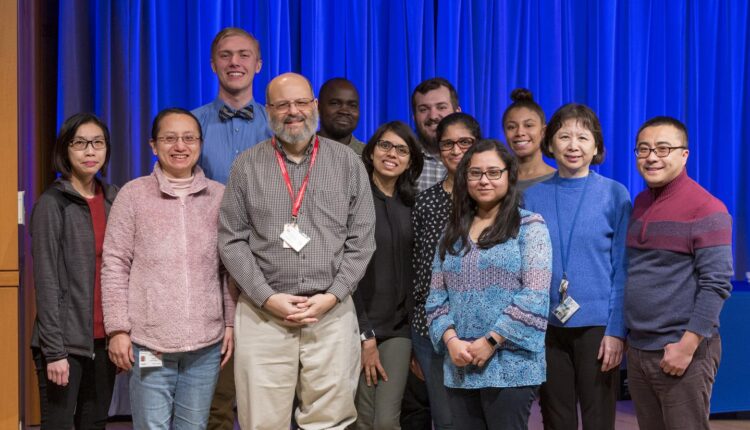
Credit: University of Kentucky
LEXINGTON, Ky. (April 29, 2020) — University of Kentucky College of Medicine researcher Sidney Whiteheart has been awarded a prestigious Outstanding Investigator Award from the National Heart, Blood and Lung Institute (NHBLI) for his research on how platelets function in hemostasis and during immune responses.
The $6.6 million grant will fund the Molecular & Cellular Biochemistry professor’s research over the next seven years.
The study, which Whiteheart is leading in collaboration with researchers from Beth Israel Deaconess Medical Center, University of Arkansas for Medical Sciences, and the University of Pennsylvania, will focus on how platelets function when they form clots in blood vessels and when they sense circulating pathogens, like viruses.
“Both areas will answer important questions about how platelets work, which could directly contribute to drug development for human diseases, especially thrombotic diseases and chronic viremia,” Whiteheart said.
Platelets are small cell fragments generated in the bone marrow and are the second most abundant “cell” in the body. Normally, billions of them circulate in the bloodstream and bind to damage on a blood vessel forming a clot to prevent bleeding. When platelets are hyperactive, they form a clot big enough to block an artery or vein, which can lead to strokes, heart attacks, and deep vein thrombosis. One in four deaths worldwide is from conditions caused by these types of vessel blockages and they are one of the leading causes of death in Kentucky.
When platelets recognize vessel damage, they normally bind and secrete components that are needed to “seal up the hole” to stop bleeding. Part of this study aims to understand how platelets release their contents and how that process can be controlled to limit the size of a clot.
“You need blood clotting to stop bleeding, but if the clot gets too big or grows to the point where it occludes a blood vessel, you could end up with a stroke or heart attack,” said Whiteheart. “From a clinical perspective, we are looking for ways that we can intervene in that process. We have shown that if we control platelet secretion, we can control clot size in mice. Now we have to figure out how to do that in patients.”
The Whiteheart group will also study the role platelets have in immune responses to viruses. Normally, platelets “pick up” virus particles, which activate them to alert the immune system. Certain viruses, like HIV1, appear to cause platelets to become hyperactive, which can lead to an increased risk of thrombosis and cardiovascular issues for HIV1/AIDS patients.
Whiteheart is working with HIV1/AIDS patients at UK’s Bluegrass Care Clinic to better understand how their platelets are activated by the virus and how it affects clotting. He and UK College of Medicine colleagues Beth Garvy and Zach Porterfield from the department of Microbiology, Immunology & Molecular Genetics, along with Jeremy Wood from the Cardiovascular Research Center, are also setting up similar studies at the African Health Research Institute in Durban, South Africa.
This could lead to therapies to regulate platelet activation and therefore lessen HIV1/AIDS patients’ risk of cardiovascular disease. It could also be applicable to some other viral infections, including COVID-19. Whiteheart is also currently looking at how platelets respond during SARS-CoV-2 infections and how they might contribute to the increased clotting seen in COVID-19 patients.
Whiteheart’s study will provide the groundwork for important therapeutic development. His research program is one of only a few in the world that is examining the capabilities of platelets at the “cellular” level.
“Examining these mechanisms will fill significant gaps in our understanding of how platelets participate in thrombosis and immune responses,” Whiteheart said. “The data generated will answer important questions about what platelets can do and how they do it.”
###
Media Contact
Elizabeth Chapin
[email protected]
Original Source
http://uknow.





